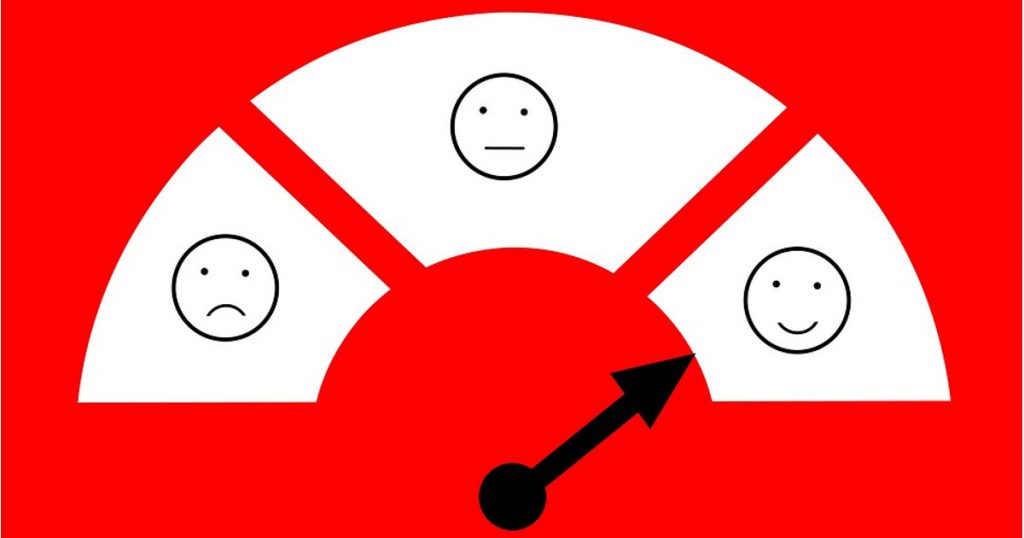Everybody needs certain soft skills to relate effectively to those around them. Razor-sharp financial acumen and problem-solving capabilities are what equip people to excel, it’s true, but it’s tough to lead others when you can’t see things from their perspectives.
Empathy is the ability to put yourself in others’ shoes, adopt their points of view, and respond in a way that is socially sensitive to their feelings. It’s rarely taught at business schools, and up until quite recently, its importance has been underrated.
As we start to better accept that organizations are essentially human – as books like Emotional Intelligence 2.0 and Emotional Intelligence at Work go really mainstream – EQ is, fortunately, getting more attention. And empathy, one of its key components, is starting to be appreciated on a more proportionate scale.

What Does Lack of Empathy Look Like?
To better understand empathy, let’s look at what it isn’t – let’s consider Denys.
A busy executive, Denys has a jam-packed schedule. As he rides the elevator to his 12th-floor office, Sangeeta the intern steps. She sees a golden opportunity she’s been after for ages; taking a deep breath, she starts her 15-second pitch of a new idea.
“I’ve been thinking about the way we approach our end-of-month financial audits and realized there was a super way to take more work off your plate. What if we could do ABC?”
Well, Denys has been in the business for decades, and he’s sick of this garbage. What makes Sangeeta think she knows better? Sighing, he points out why her idea is rubbish:
“We’ve tried that before, that’s done. I’m really busy – could you please take your suggestions to middle management in the future?”
While he’s got a valid point about her plan, he’s missing everything else that went into Sangeeta’s pitch. The nights spent poring over quality management texts, the podcast on how to pitch to your boss, the self-doubt she’s had to overcome, and the courage she’s had to muster.
While we can’t easily quantify the following, Denys has also damaged Sangeeta’s trust in him and the loyalty she feels to their company. Her intentions were meant to help her boss and the company, but if that’s how they’re going to be received…
Can Leaders Develop Empathy?
Empathy is multi-faceted, and there are multiple psychometric assessments designed to measure it, but there are several reasons why many aspiring leaders still lack it. Rather than racing into hard-and-fast tactics for developing empathy, I believe an understanding of these reasons is the first step to cultivating a broader understanding of how it works, and how you can strengthen your own.
It’s a ‘different’ approach, but one that paints a more holistic picture of this key emotional intelligence component.
It’s more than one thing.
First, empathy is multi-faceted. It includes numerous higher-level cognitive processes such as perspective-taking and more affective elements like emotional contagion. It encompasses responding in appropriate ways, determining what’s appropriate in the first place, and can influence how leaders impact on others’ well-being.
Denys, for example, could have given Sangeeta a more thoughtfully worded response, but to do so, he would need to understand what that looks like.
It’s not always the same thing.
Second, empathy is embedded in a cultural context. Like most other hard-to-quantify aspects of our working lives, research suggests that our cultural backgrounds shape whether, and how, we show empathy. At the organizational level, arguably, this means empathy gets rewarded differently across work cultures. Leaders may feel more or less comfortable displaying being empathetic or compassionate with their people depending on how they believe that behavior will be viewed.
What’s seen as helpful mentoring in one setting might be perceived as weakness in another, therefore. A straightforward tip in Denys’ eyes might come across as harsh and critical in Sangeeta’s, but it may also be all that Denys is willing to offer for fear of seeming weak.
Empathy yields longer-term results.
Lastly, empathy is a soft skill – and as such, doesn’t yield easily-quantifiable rewards. A sense of loyalty, shared purpose, and connection between team members is hard to measure and thus not often considered pressing. It’s a short-term thinking trap that plagues many leaders who choose instead to focus on profits, stock value, and other ‘tangible’ metrics for success. When in reality, both long- and short-term thinking is important for organizational health.
In my experience, leaders can absolutely develop empathy – I’ve seen it first-hand, and consider it a valuable part of personal leadership development. Over the coming months, I would like to share some approaches that look at different aspects of empathy, and how you can improve it to boost your impact as a leader.
Learn more about Time To Grow Global’s Personal Leadership programs here, or follow our LinkedIn page for our weekly blog.

Govert is Time To Grow Global’s Managing Partner, specializing in Strategy Facilitation, Leadership development and Organisational performance. Reach him on our Time To Grow Global LinkedIn.


